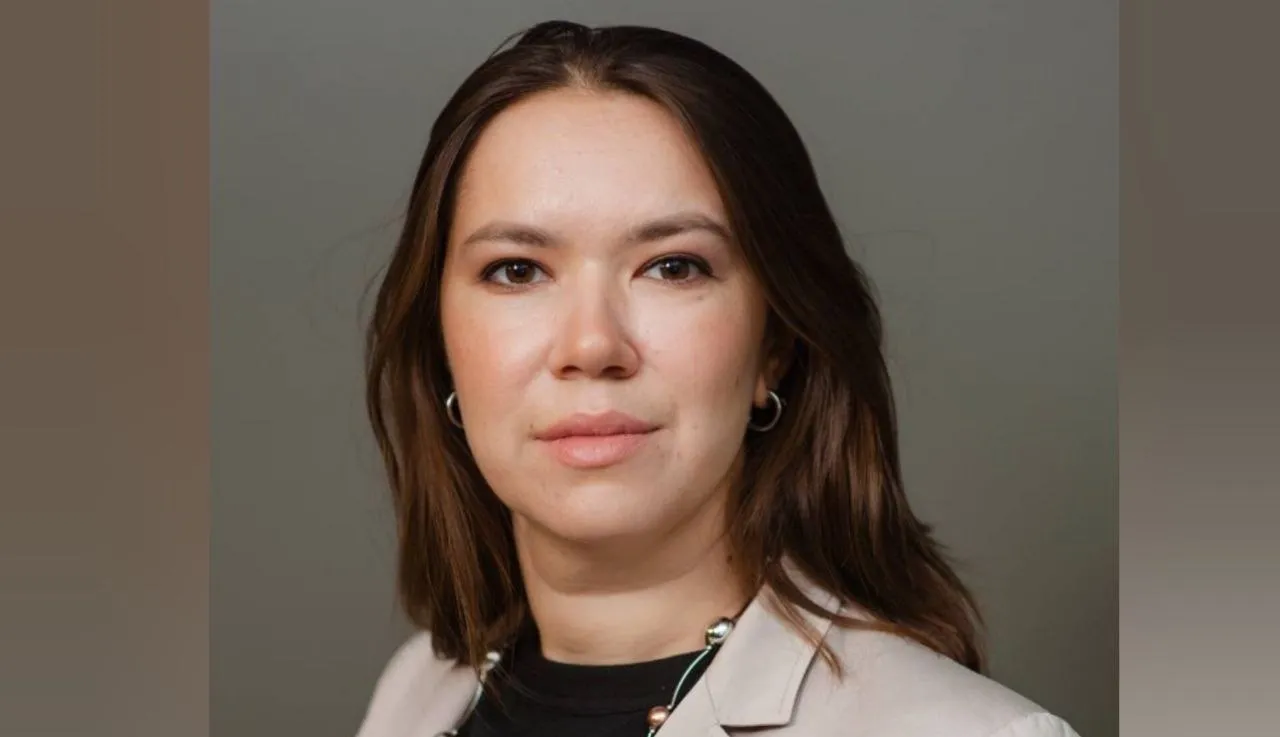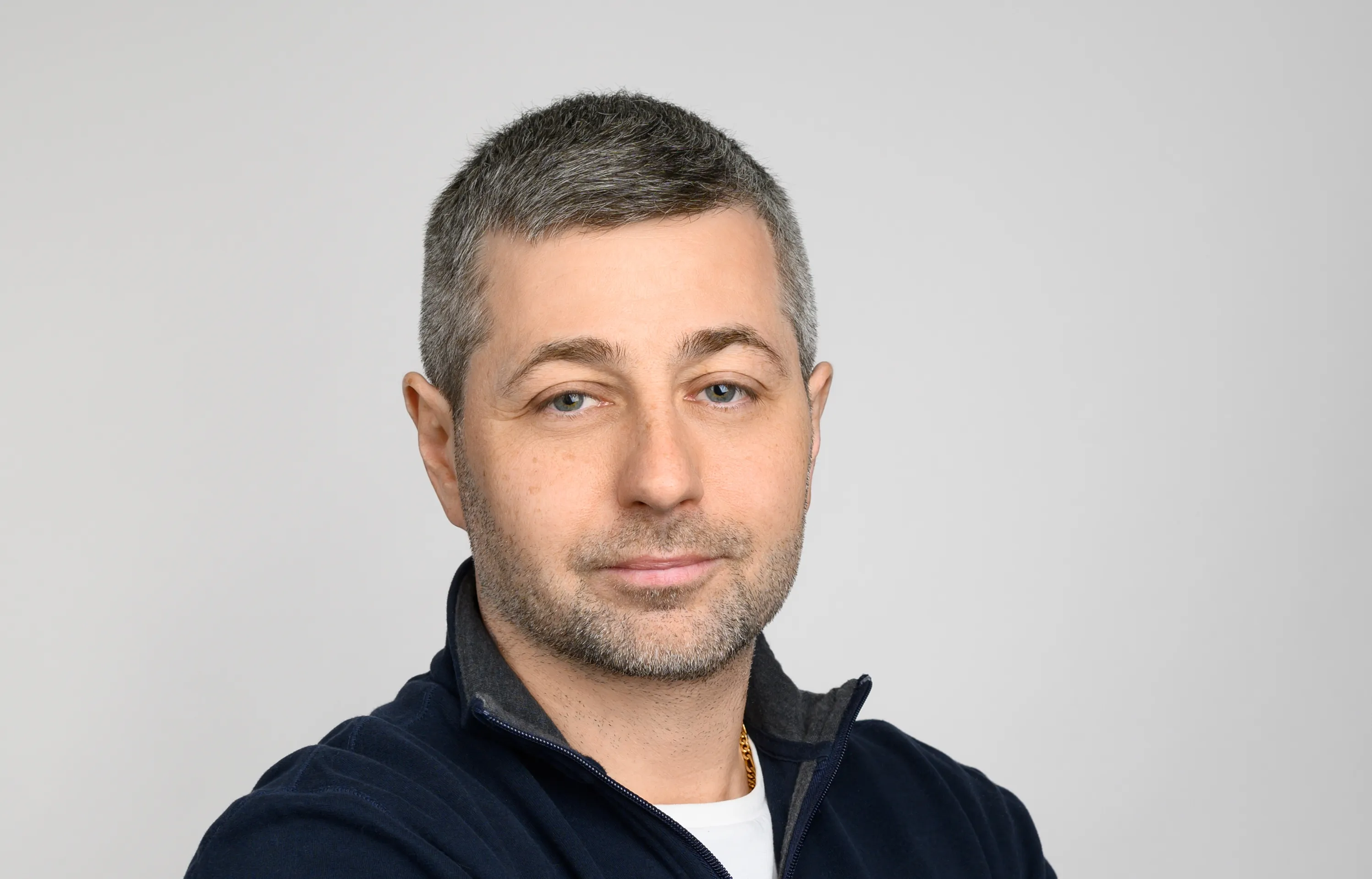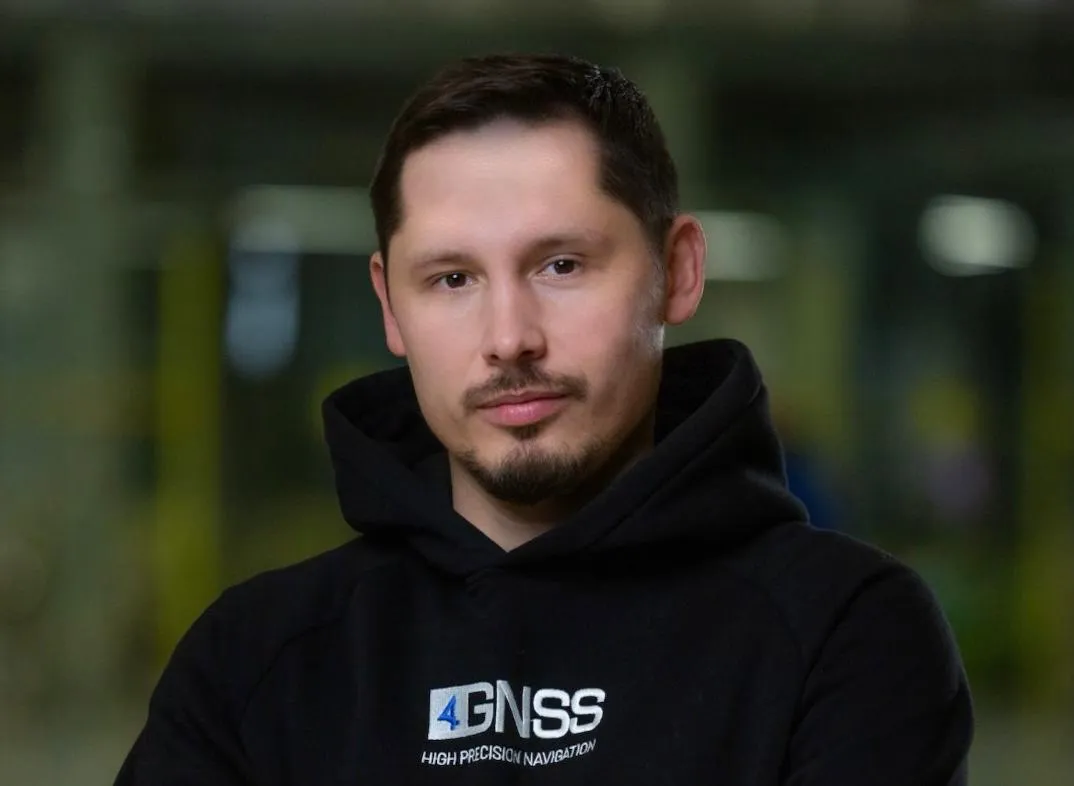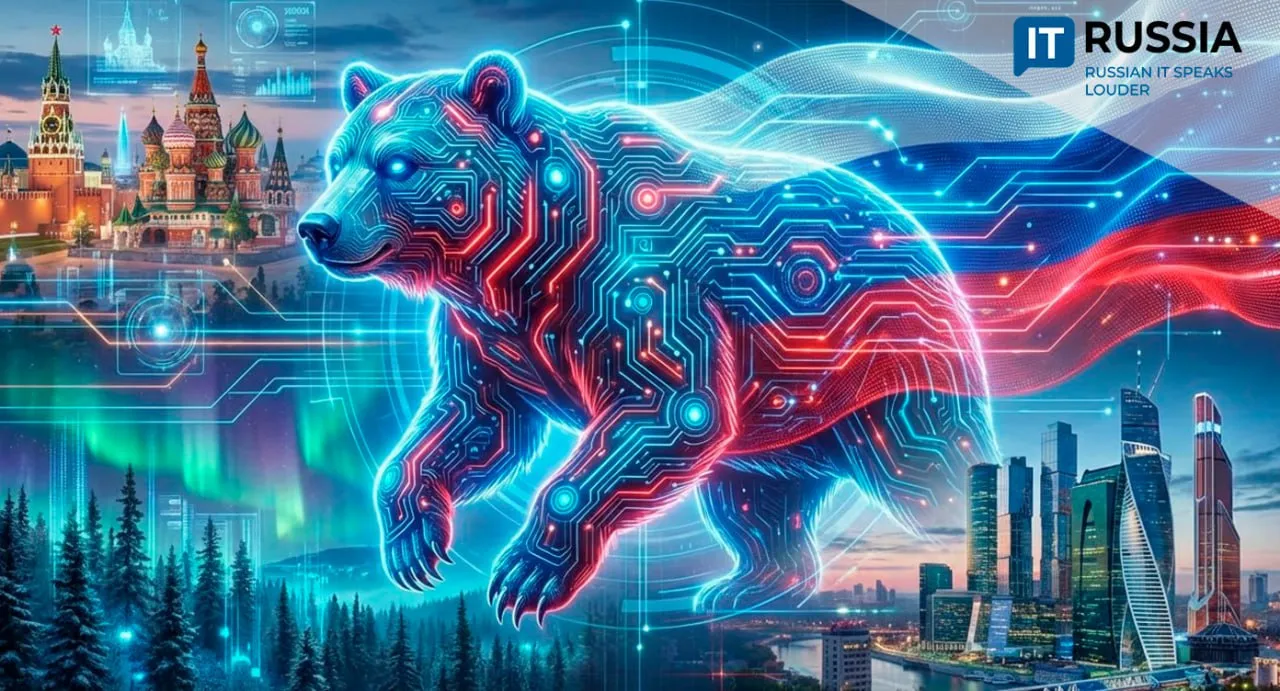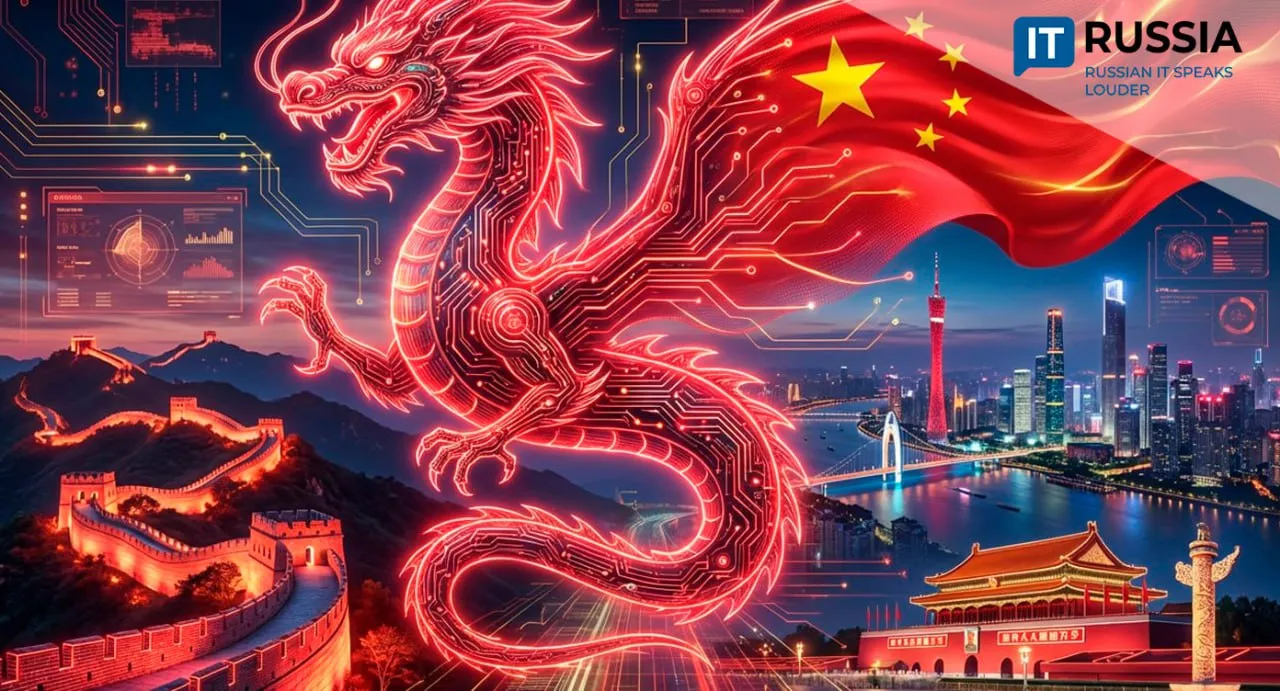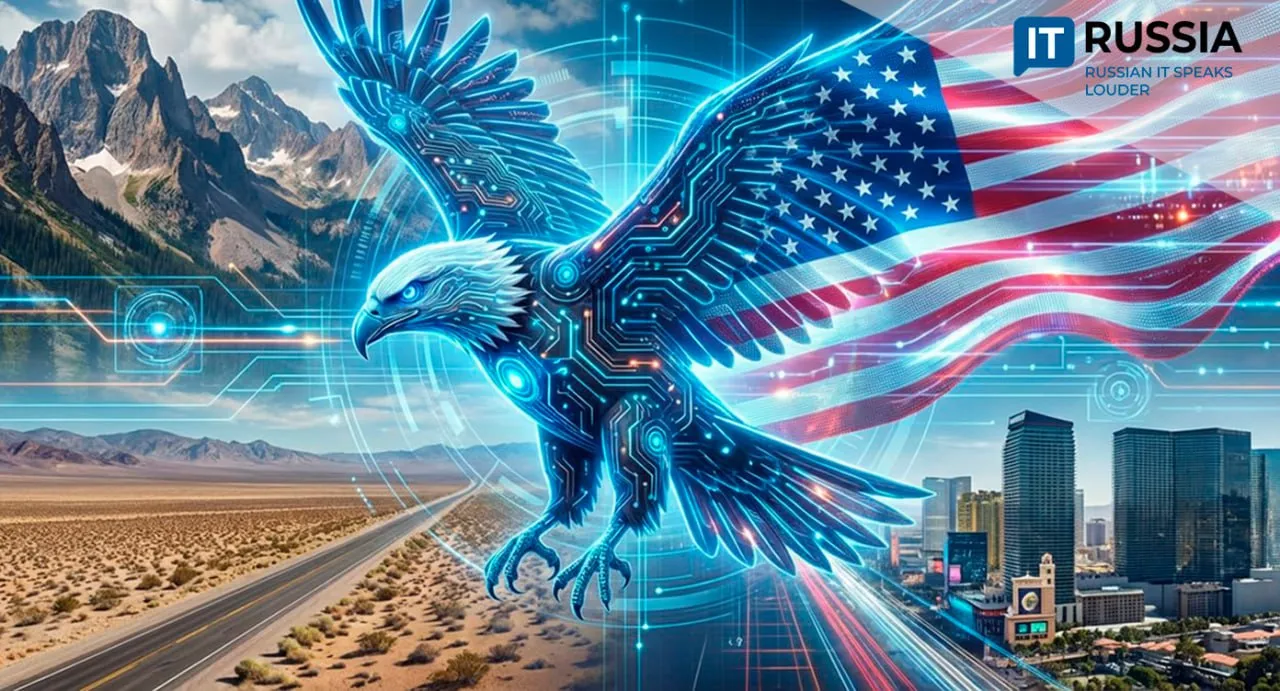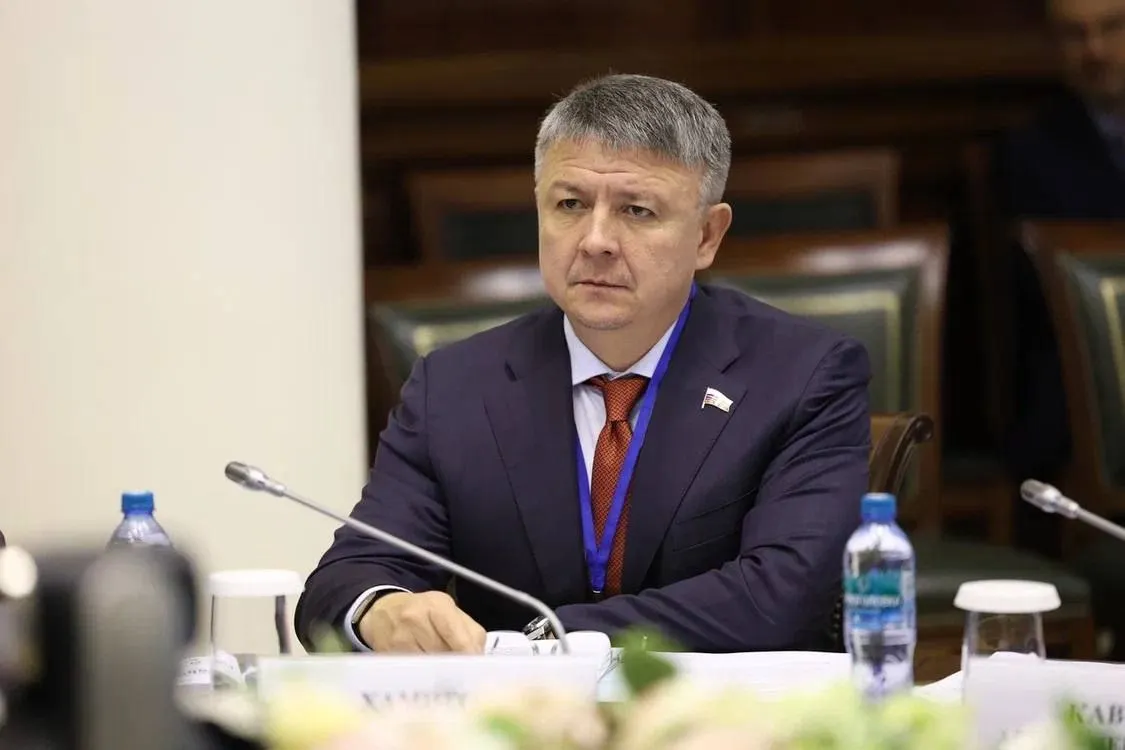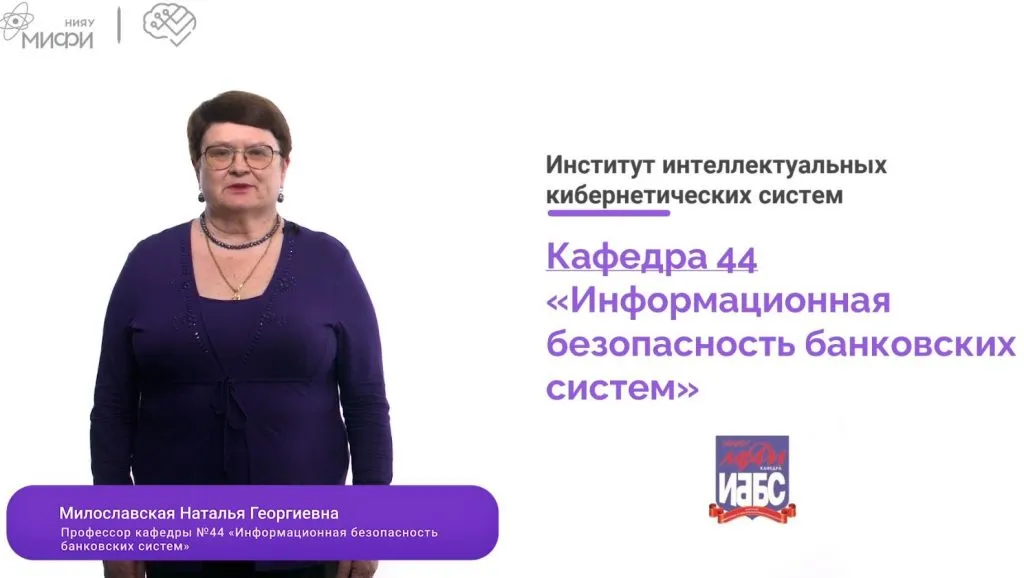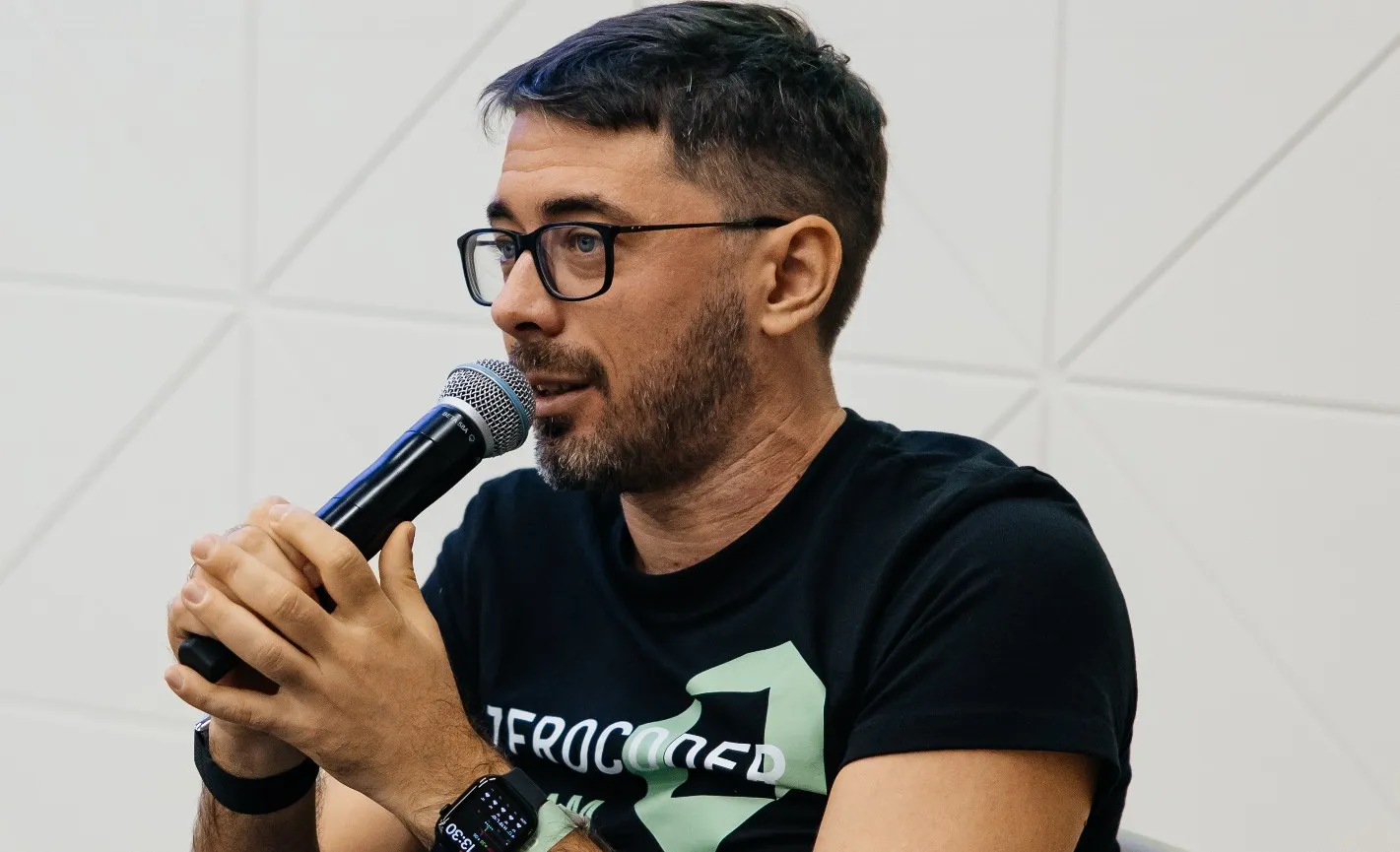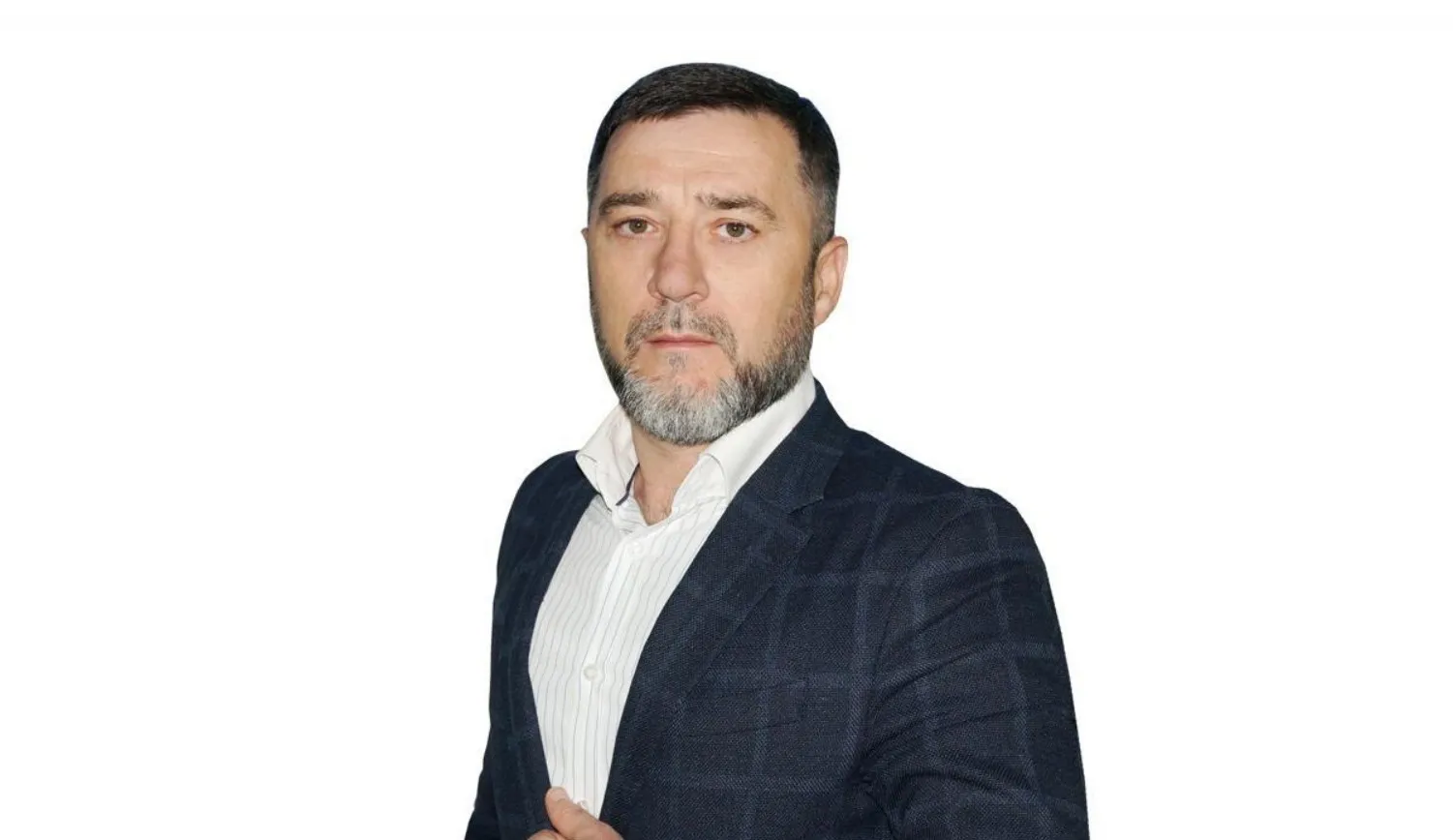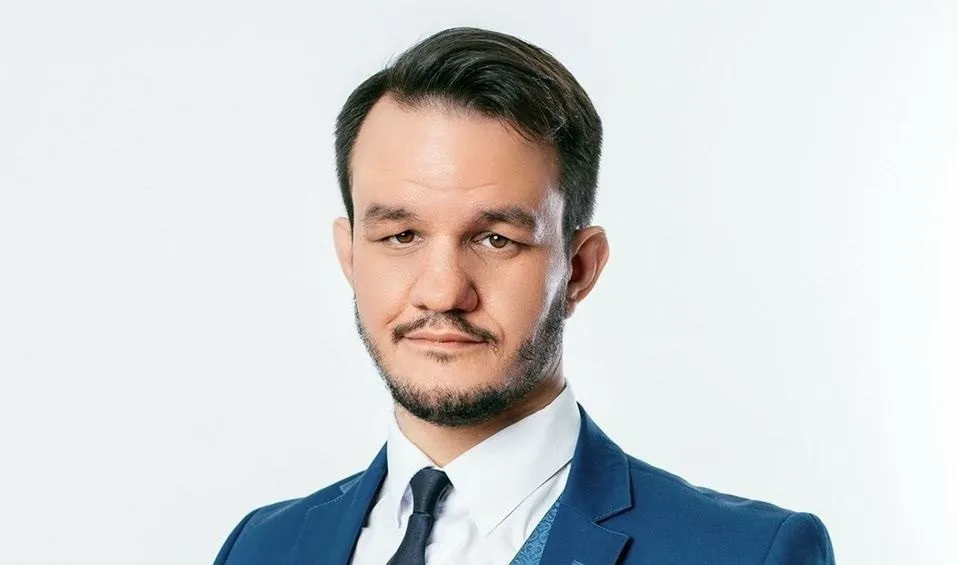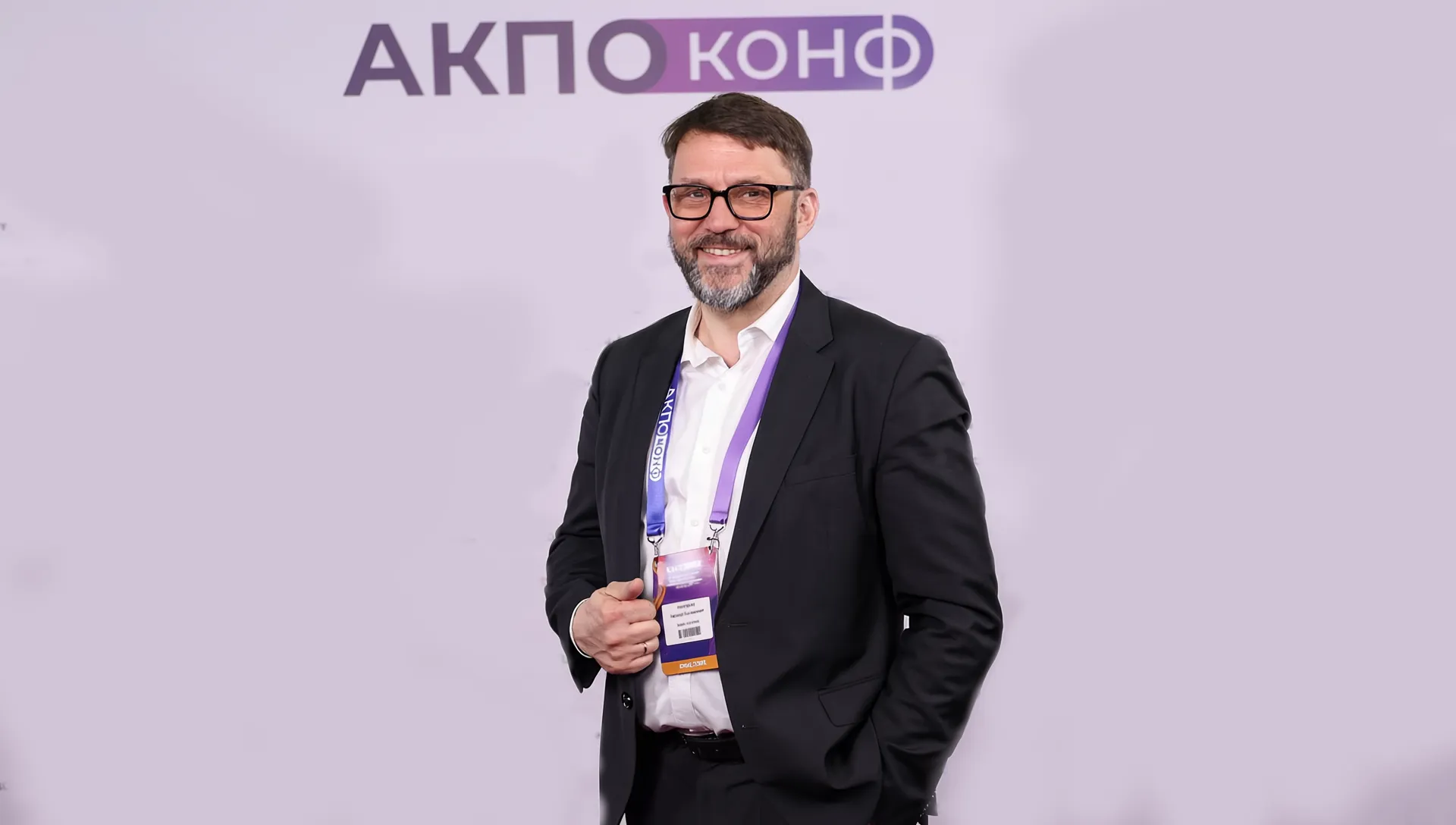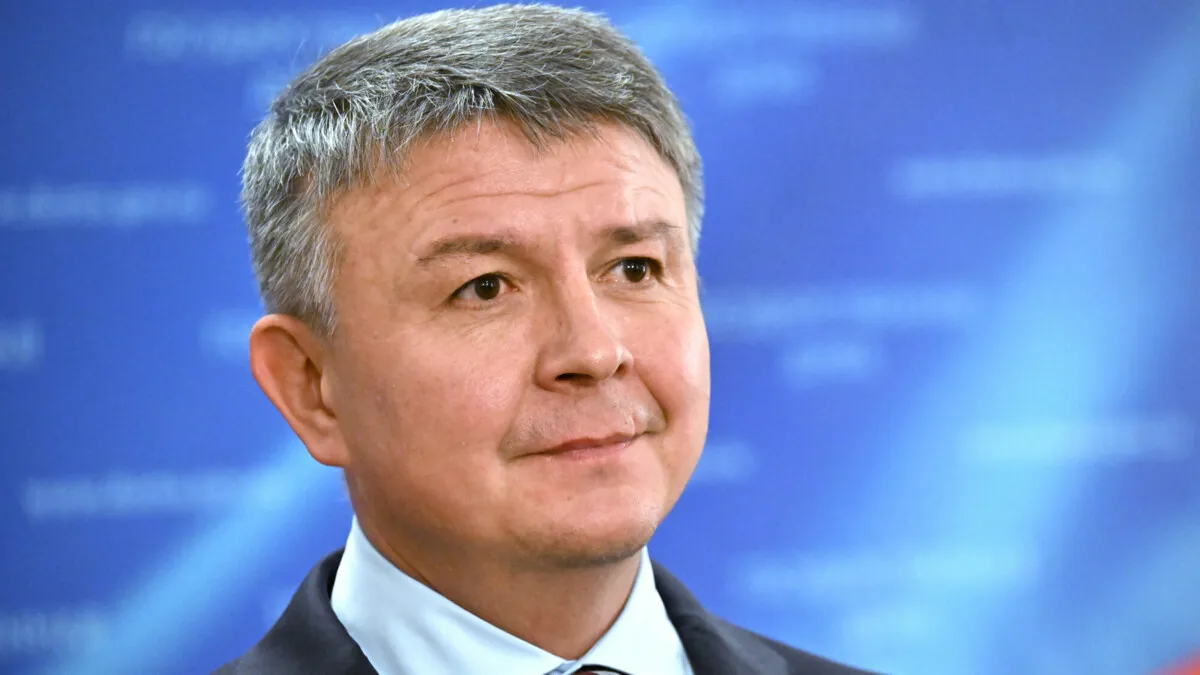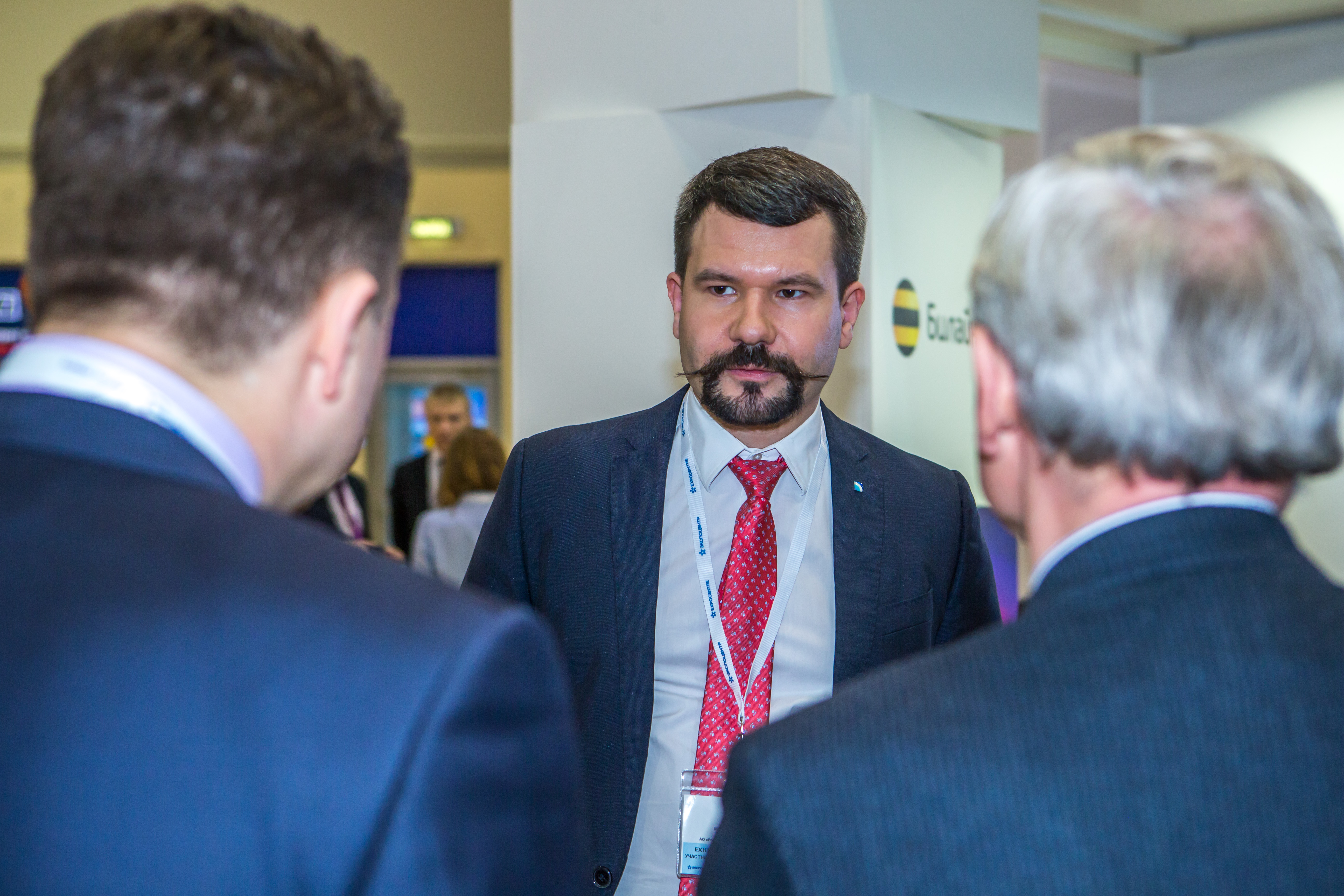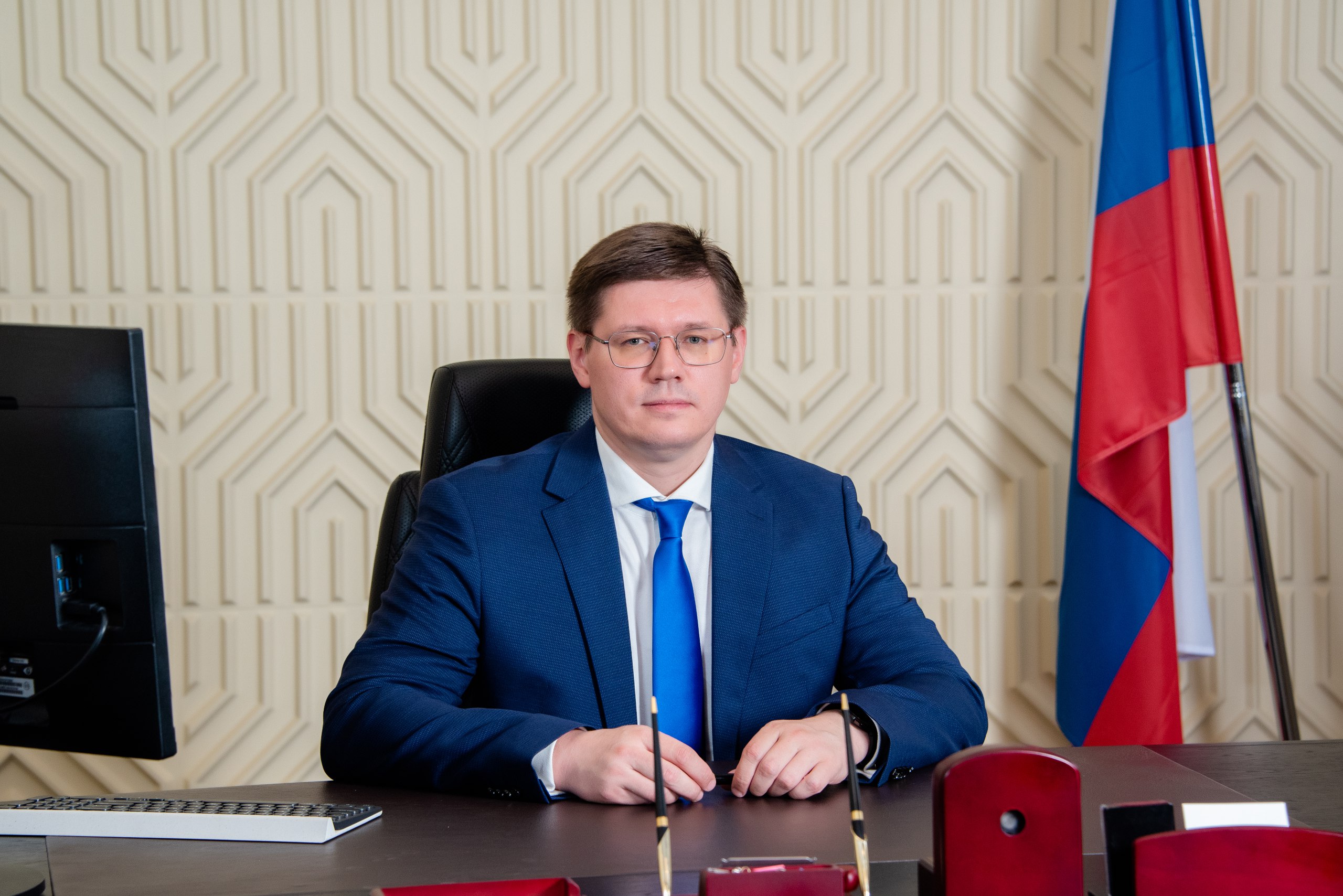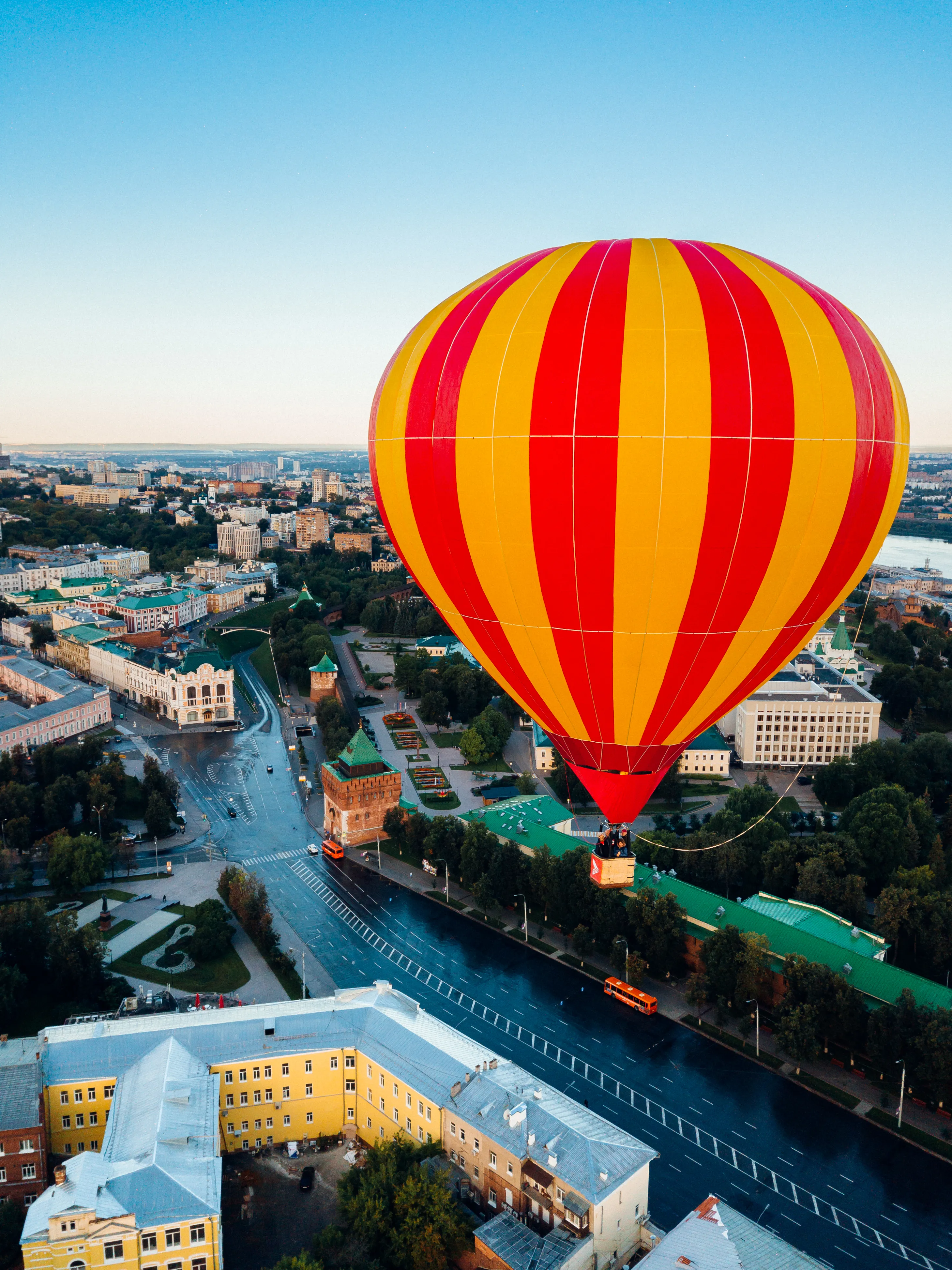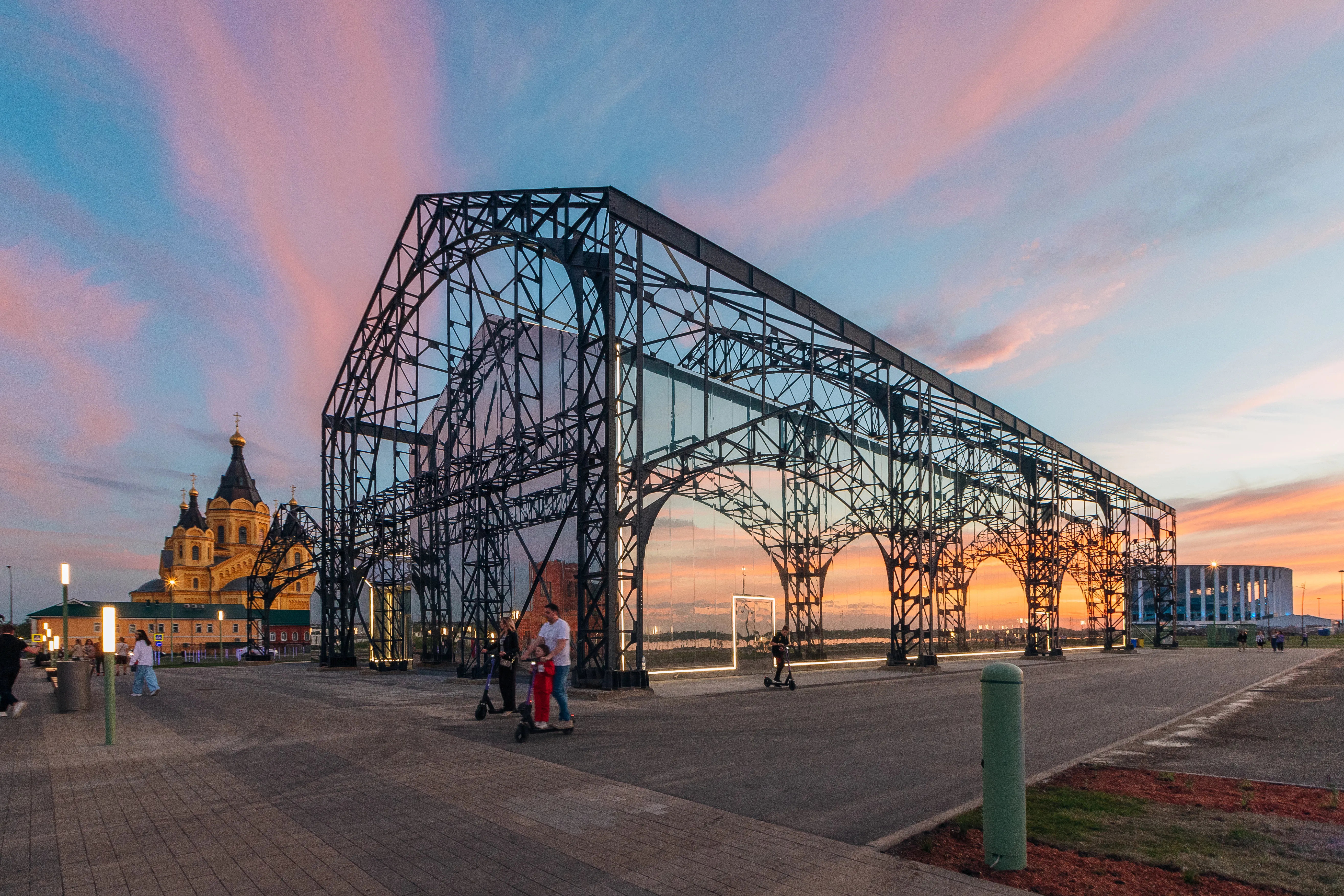“Better to See Once”: Konstantin Mayor on How Russia Is Building a Digital Future
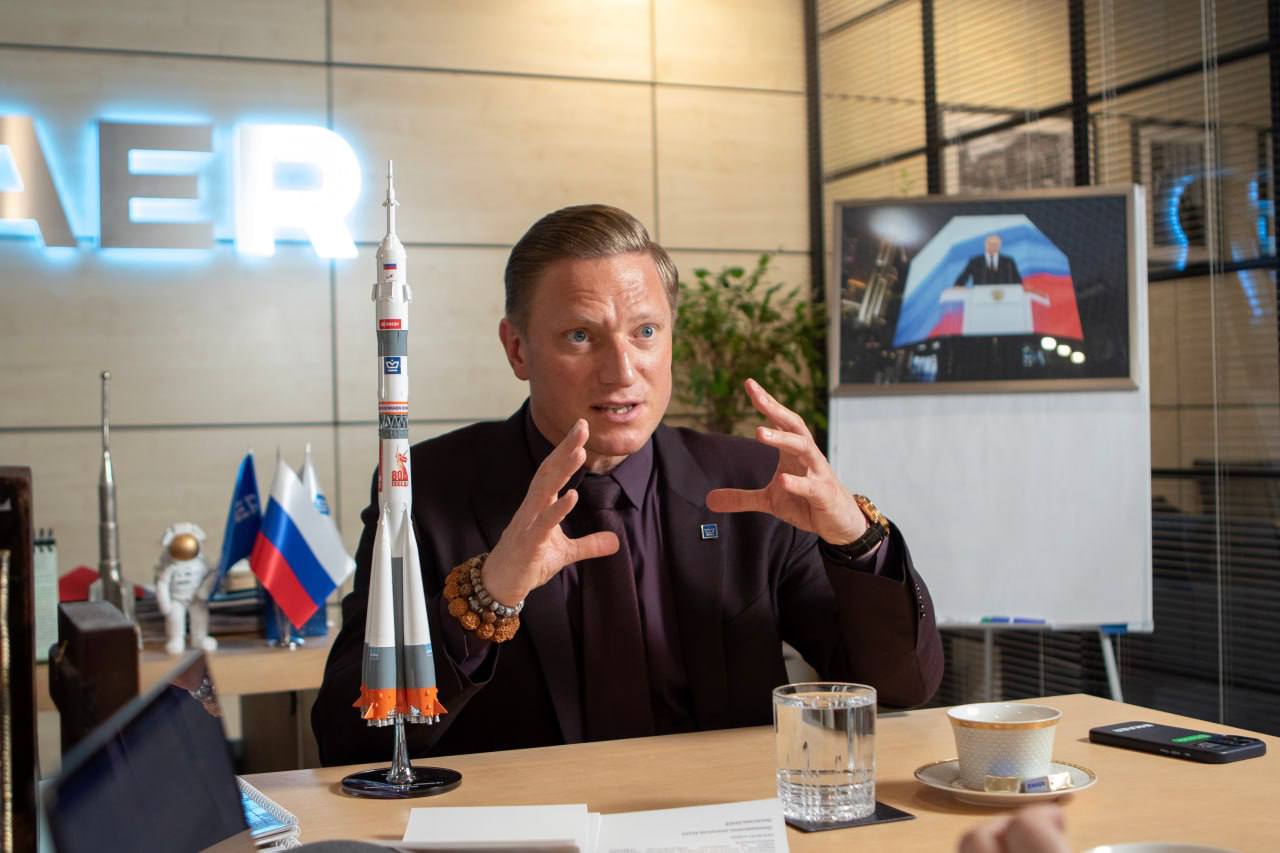
Anyone who believes that Russia is lagging behind the "civilized world" in terms of IT is living not in yesterday, but the day before yesterday. In the realm of various applied services, we have long since surged ahead. Information technologies have become so deeply embedded in virtually every sphere of life that it is difficult to imagine our everyday reality without them. Yet with such rapid expansion, it is useful to pause for a moment, look around, and ask: Where are we going? What are we striving for? Who are our companions along the way?
We discuss the prospects for the development of Russian technologies with Konstantin Mayor, founder and CEO of the MAER media holding.
The Future Belongs to Russian Tech
– Konstantin Valeryevich, we often hear that Russia is following its own path in IT. What kind of path is it? A compromise or a conscious alternative to the technologically advanced, overly regulated West?
— It is clearly a conscious alternative. Russia does not copy; it creates its own solutions that meet real conditions, scale, and challenges. We are moving along a path of digital development that reflects our culture, infrastructure, and goals.
I recently read a book about Elon Musk. And interestingly, that book features a number of Russian names—IT specialists who have created innovative, globally in-demand products. You’re asking how IT is evolving in Russia? Very seriously. In February, I spoke at a media forum in Yekaterinburg before an audience of 1,500 students—future IT specialists, mathematicians, and engineers. I shared my own story: how, during my first year, I was still sitting at a school desk while also occupying a professional office. And I saw in their eyes the same spark I had 22 years ago. These young people will undoubtedly advance IT, artificial intelligence, and all related fields.
I see people we can rely on. I see events taking place across the country where development teams solve real problems for prizes—and it works. In Moscow, for example, we are building IT clusters and entire technopolises. To sum up: we may have entered the IT race a bit later than some countries, but we are now fully engaged.
– So not only have we arrived, but we’ve rethought everything and started creating our own innovations—rooted in our own philosophy and culture?
— Absolutely right. Here's an example from our company’s experience. In 2014, we transitioned from a “toddler” stage to adolescence, so to speak. We traveled the world—forums, congresses, summits. At the World Advertising Congress, we saw what was being done abroad. When we came back, we realized we needed to work with anonymized data. That’s how a team was formed, which now successfully operates out of Yekaterinburg, developing new advertising technologies. We already have over 20 patents and 7–8 pending applications, plus 37 proprietary technological solutions.

In brief: we learned how to capture a signal from television and, with a single button—what I compare to a rocket launch—broadcast it to all media façades, where the video is automatically adapted to the parameters of each screen. And over it, we can overlay real-time quotes, text. The video literally begins to speak to the audience.
We call it a “rocket launch.” While the signal is “in flight,” the system provides live commentary: what stage has separated, what altitude has been reached—just like a live broadcast.

– So the speed and coverage of this technology are enormous.
— Let me tell you more about its capabilities. When delegations from different countries came to Moscow for Victory Day celebrations, our screens along their routes displayed personalized greetings in their native languages—exactly when the delegations passed by the screen.
And here’s another idea—my son actually gave it to me. He told me that a session under the “Conversations About Important Things” project had taken place outdoors. And I thought—we can broadcast such sessions across all our screens. Millions of people could become participants in these very important conversations. We are currently working on this.
Digitize This!
– Let’s take a break from space and talk about everyday IT. We often hear that our daily digital services are better than those in Europe. Why is that?
— I believe it’s because Russia has developed its own approach. One of the key differences is our focus on efficiency and adaptability. Russian developers and companies respond to changes faster, are ready to customize solutions for specific tasks, and are not afraid to combine technologies at the intersection of offline and online environments.
Take public services, for example—it’s impossible not to admire them. Remember the pandemic? That’s when the platform became a real breakthrough. People gained access to a huge range of new services. Today, everything is there—all document management. I was surprised myself recently. I met some guys from Europe, including from Germany. They can’t even get a simple certificate—have to stand in line. And here, you complete everything through Gosuslugi, and just show up once at the appointed time.
– So we’ve grown accustomed to ultra-modern services. Is that our strength—or perhaps a weakness?
— It’s our distinctive feature—and a definite advantage. It’s part of our culture, however lofty that may sound. User expectations set a high bar for technological solutions and push the market to create genuinely convenient and functional services.
Let me digress for a moment—this applies not only to digital services, but to the broader situation in the country. The economic and political environment has opened up a lot of new opportunities, and I applaud everyone who seized them and started building something. For instance, my friend, Olympic champion Alexander Legkov, has started producing sportswear. It’s lighter than a feather! I now train in his gear.
Of course, there are failures. But that’s normal—a living process, a living culture. And I’m confident that in media technologies we will become global leaders. Here’s one example: direct communication with the individual. Let’s say you’re driving down Leninsky Prospekt—and the screen shows you that a new collection is waiting for you in a particular store. You’ll smile and say: “That’s for me.”
– So high technology is becoming embedded in everyday life. And interest-based analytics makes messaging more personal.
— Precisely. We don’t collect personal data; we analyze interests. If someone wants a vacation—we’ll suggest Baikal and Vladivostok. If they’re searching for a kitchen, a home, a car—we’ll offer exactly what they need and what interests them.
Russia Combines the Best of East and West
– The Global South is rapidly advancing in digitalization. Can we compete with it—or are we more culturally and technologically aligned with Europe?
— Russia holds a unique position—both geographically and strategically. We have experience working with both mature digital ecosystems and rapidly developing regions. We are flexible, and that makes us competitive.
Russia is unique: we have access to many seas, a clear logistics system, and a diverse culture. We can engage with any part of the world. The key is that our partners shouldn’t envy, but develop—and we’re ready to support them.
Let’s recall: over 30 delegations came to us for Victory Day. That means we are respected. And we’re already at a historic juncture: some countries are making mistakes, while others are moving forward with us.
– In your view, what are the strengths of Russian IT—and where might we be lagging behind
— We have one of the strongest schools of programming. Developers are spread across the country, and many of them work remotely—creating top-notch products without ever leaving their home regions.
Of course, challenges remain—first and foremost, our hardware dependence on foreign components and the need to develop domestic microelectronics. But today, the political and economic environment in the country supports progress in this direction.
What do we need? Opportunities. We’re creating and promoting forums and platforms where these young professionals are noticed. The media should be telling their stories. The state should provide social support. Everything is in place—we just need to connect producers and consumers of IT products.
– In other words, if there is a lag, it’s not in the technology itself, but in the speed of moving from idea to implementation?
— Exactly. The potential is huge. We just need to talk about it every day and give people the opportunity to bring their ideas to life.
Sovereign Tech
– From the standpoint of technological sovereignty, which IT domains seem most promising?
— Artificial intelligence. Over the next five years, everything will revolve around it—data processing, creation of personalized content. Today we see interests and categories. Tomorrow, we’ll understand the individual.
Here’s an example: AI helped decipher text on parchment scrolls that are thousands of years old. Without artificial intelligence, scientists would have spent decades on this—and even then, success wouldn’t have been guaranteed. But AI accomplished it in a matter of months. This is the future, which, among other things, helps us decode messages from the past.
– And are there any areas that, on the contrary, have proven unviable—dead ends in the evolution of digital technology?
— I don’t see any. Just recently, people were saying that television would die. Before that, they said newspapers and magazines would die. But all of these are still alive and evolving. As for television—we can now broadcast it on outdoor screens and façades, and if needed, synchronize it with radio. Everything old can be brought back to life.
– So older formats don’t disappear—they transform.
— Exactly. Let’s go back to that parchment I mentioned—it could have just sat in a museum gathering dust. But AI gave it new life.
– Is digital sovereignty even possible? Where is the line between sovereignty and isolation?
— Digital sovereignty is about resilience—not about refusing cooperation. The dividing line lies in control and responsibility. We must not lose our connection to the outside world, but we must be capable of operating independently.
I would say this: sovereignty is a matter of culture. If a technology aligns with culture, it will work. And if a project lies at the intersection—it will unite. Take BRICS, for example. A unified payment system is already a reality. It will open doors for business, tourism, and healthcare. The next step could be a unified procurement center. Like in the Soviet Union: each part came from its own location. Why not apply that model in BRICS?

We Will Go Our Own Way!
– How do you view the growth of domestic alternatives to Western social networks, marketplaces, and messengers? Is this a temporary trend or a new reality?
— This is a new reality. There will be no return to the previous model. What we are witnessing is not just adaptation to constraints, but a transformation of the entire digital environment.
We are grateful to the Western tech companies that exited the Russian market in 2022: advertisers redirected their budgets, including to digital outdoor advertising—which is now one of the most effective digital channels for brand communication with consumers.
– So, at the everyday level, instead of one AliExpress, we’ll have five SDEKs and Yandex.Market—and competition will raise the bar?
— Exactly. Let there be five to seven systems, let them compete. That is what drives progress.
– If we look 10 years ahead, what kind of digital ecosystem do you see in Russia? Will it be something uniquely ours or a “second China”?
— I envision a unique ecosystem, one that does not copy China or the West. It will be a Russian model—independent, technologically advanced, and adapted to our culture.
It will be an environment where data, media, automation, and algorithms operate in harmony. Where user attention is not just retained, but ethically and efficiently guided.
Parts of this system already exist. Sber is an ecosystem. AFK Sistema is another. Today, government services are unifying data. The future lies in uniting all of these ecosystems.
Artificial intelligence will offer options, simplify life. For example, if my son watches racing videos today, AI will suggest karting. Then Formula 4, then Formula 3, 2, 1. It will help guide the path.
– So this isn’t just career guidance—it’s a kind of value-based routing?
— Precisely. AI sees societal needs and, most importantly, the aspirations and inclinations of the individual. Suppose we need a leader for an oilfield services company. The system will guide the child through a trajectory: 5, 10, 15, 25 years—like a mother reminding them to wear a hat. At every stage, it will offer programs and activities tailored to their interests and abilities. By the final stage, the person will be shaped, equipped with the necessary knowledge and skills, and prepared for the idea that they will head the company.
I believe that in 10 years, we’ll see how this works. The key is that such a system will help people find their true place in life. If a child has the potential to become an Olympic champion, the system will help them develop accordingly—instead of forcing them to bury their talent in a math school. And vice versa: if someone is inclined toward math, the system will guide them to a math school, not to a sports academy.


